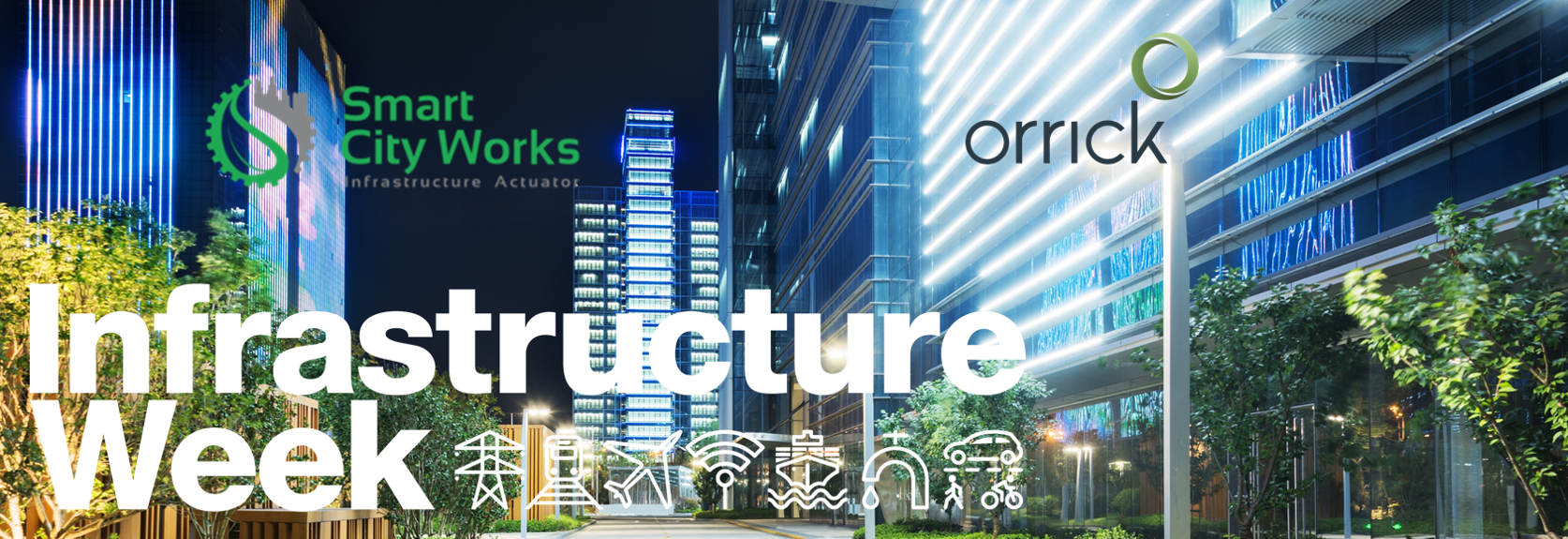The road to resilient cities, and on a broader basis, the road to a resilient society is an aspiration, but one that we should all be thinking about now. To contemplate this, we need to go back a few years. Early on, the Internet of Things discussion centered mainly around how smart products were becoming smart connected products. For example, the programmable thermostat gave way to Nest or other smart connected thermostats. Around 2013 and 2014, IoT became the new new thing. Everyone was talking about it. We were a “Networked Society” or a part of the “Internet of Everything.” But as often happens, the hype of the new trends give way to maturity and deeper insights required to go from the cool new thing to mainstream adoption. In late 2014, Michael Porter of Harvard and Jim Heppelmann of PTC co-authored a paper in the Harvard Business Review about the progression of IoT. They spoke about the move from “Products” to “Smart Products,” “Smart Connected Products,” "Products Systems,” and ultimately “Systems of Systems.”
The focus on “smart connected products” was all about “IoT enabling” the product providers. Instead of coffee makers, deliver “smart coffee makers.” Just like 1997 saw everything add “.com” knowing that would equate to massive growth, the 2011 - 2015 saw so many products become “smart.” There is nothing wrong with that. Some of these were ridiculous, but most were useful, if not ultimately essential. But the “IoT-enabled products” were silos of information, owned and controlled largely by the product provider. But as organizations began to add tens or hundreds of these devices, the issue of data ownership and control began to become an issue. The battle over ownership has hardly peaked, but more and more organizations are beginning to figure out that the real value in IoT is in the data, or rather, the analytics and resulting insight derived from the data. But to contextualize and leverage the data, the data rights, ownership, and control has to become better established.
We have to become “IoT-enabled organizations” before we indeed can get to Systems of Systems. Along the way, organizations, as well as the product providers, for that matter, will begin to better address the foundational elements of IoT such as communications, security, privacy, governance, and analytics. The architecture means everything, as does the human side of all of this. Organizations will need to adapt the jobs, roles, and processes that allow for the appropriate interaction between the information technology elements of the organization and the operational technology elements. This is not an inconsequential progression and may represent the most significant struggle of all to become mainstream. We are beginning to see this happen, and that will continue to evolve.
So we’re going to be okay, right? This IoT-enabled world will be fantastic. Maybe. Perhaps not. The Internet itself that reshaped our world in the late 90’s is now suffering from issues that were unanticipated at the time. Yes, the security issues we know now were not nearly at the forefront back then. But more than that, what about privacy? The vast amount of benefit from all this data has fallen to a growing oligarchy of companies that either own outright are mostly control the use (and monetization) of the data. And while the data that now exists is overwhelming compared to the pre-Internet levels of data, it will be dwarfed by the mainstream IoT levels we will see in the coming years. So what should we be doing?
The answer depends on what problem we are trying to solve or, said differently, what goals we are trying to achieve. My utopian aspiration would be a resilient world. But the road to resiliency has many dimensions, including stability, security, agility, scalability, profitability, sustainability, and equitability. To make progress toward this goal, we need to ask what it takes to achieve resiliency for our families, our industries, and our towns and cities where we live in the context of these dimensions. And now that IoT is genuinely beginning to mature - a good thing - we must start considering the higher level issues now, or we could suffer even more significant consequences.
If the “winners” in IoT can gather a substantial majority concentration of the data and control of that data, that makes it difficult for many other organizations to achieve stability, much less sustainability, and profitability. If we relegate too much public data to the private sector, we will not realize equitable resources for our citizens. If we don’t think about data ownership and control, we will limit the scalability of the masses (unsustainably for industry and government) for the sake of the few. This would render our companies and our cities less secure and less productive. This is not anti-capitalist either. But the Internet of Things will undoubtedly change life on earth, hopefully in a better way. It can be a rising tide that lifts all ships, but it also comes with the imperative for good stewardship of the possibilities.
There are examples far and wide about cities that failed, small towns that are largely abandoned and companies that have been marginalized at the expense of the more prominent, sometimes unconstrained organizations. To get to our aspirations, we will need first to understand the possibilities, then in the context of the higher goals, enable technologies and corresponding policies that are neither unduly restrictive or foolishly blind to the potential consequences.
We need to be smart. We need to be ethical. We need to see a better future. We need leadership in industry and government that understand this, and that will be extremely hard. But not getting to that point will have consequences, so we must endeavor to find our way. Then act.
